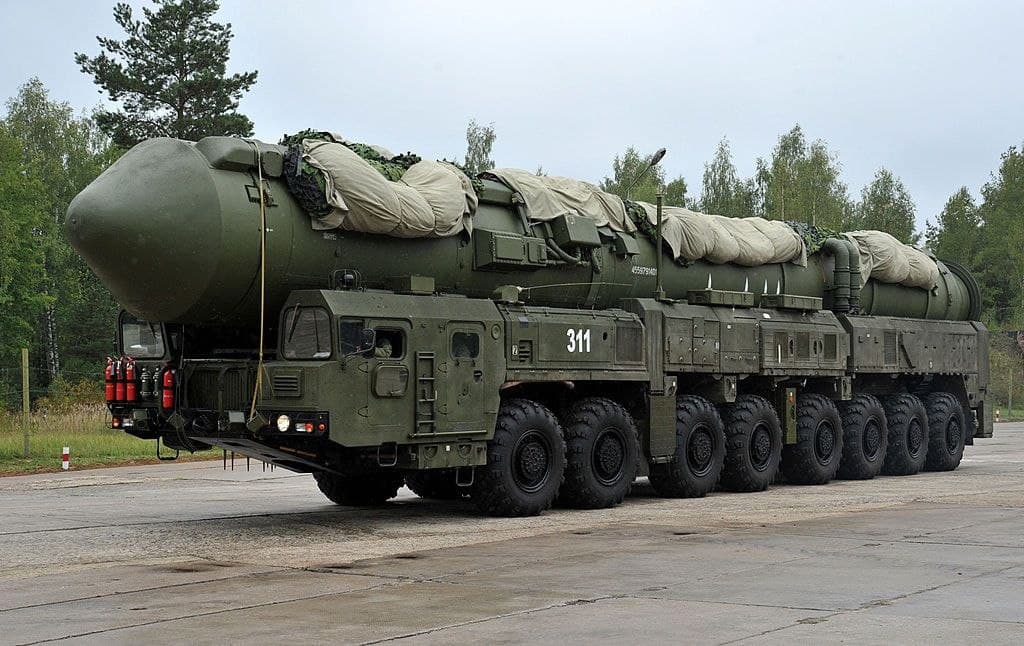#BREAKING | In a significant escalation of military cooperation, Russia is reportedly planning to deploy Oreshnik intermediate-range ballistic missiles to Venezuela, a move that could enable strikes across much of the U.S. mainland. This development marks one of the boldest military maneuvers in the Western Hemisphere since the Cold War, raising alarms in Washington and beyond.
Background & Context
The Oreshnik missile system, known for its precision and range, represents a strategic enhancement for Venezuela, which has been increasingly aligned with Moscow amid deteriorating relations with the United States. This partnership has been fueled by a mutual interest in countering U.S. influence in the region. In recent years, Venezuela has faced severe economic challenges and political unrest, leading President Nicolás Maduro to seek support from Russia, a long-time ally.
This potential deployment is not only a reflection of Venezuela"s military aspirations but also underscores Russia"s intent to reassert its influence in Latin America. Historically, the region has been viewed by the U.S. as its sphere of influence, making any foreign military presence a contentious issue. The implications of this deployment extend beyond mere geopolitical posturing; they could significantly alter the balance of power in the hemisphere.
Key Developments
Reports indicate that the decision to deploy the Oreshnik missiles comes as part of a broader strategy by Russia to strengthen military ties with its allies in Latin America. This follows a series of military exercises conducted by Russia and Venezuela, showcasing their growing collaboration. Experts suggest that the missiles could reach major U.S. cities, presenting a direct threat to national security.
The announcement has prompted responses from U.S. officials, who are closely monitoring the situation and considering their options. “We will not stand idly by while our adversaries establish military footholds in our hemisphere,” a senior official stated, emphasizing the seriousness of the situation. The U.S. has previously imposed sanctions on Venezuela and has condemned its military partnership with Russia, and this latest development is likely to escalate tensions further.
Broader Impact
The deployment of Russian missiles in Venezuela could have far-reaching implications for U.S. foreign policy and military strategy. Analysts warn that this move could embolden other nations in the region to pursue similar alliances, potentially leading to a new wave of militarization in Latin America. The historical context of U.S. interventions in the region adds another layer of complexity; any perceived threat could prompt a robust U.S. response, reminiscent of Cold War-era policies.
Moreover, the strategic positioning of these missiles may influence the dynamics of U.S.-Russia relations, particularly as both nations navigate a landscape already fraught with tension over issues such as Ukraine and cybersecurity. Experts argue that this situation could lead to an arms race in the region, with neighboring countries feeling compelled to bolster their own defenses in response to perceived threats.
What"s Next
As the situation unfolds, the international community will be watching closely for any further developments. The U.S. government is expected to convene discussions with its allies in the region to formulate a coordinated response. Diplomatic channels may be tested as U.S. officials seek to de-escalate tensions while simultaneously addressing the security concerns posed by the missile deployment.
Additionally, public and political reactions within Venezuela will play a crucial role in determining the trajectory of this partnership. If public sentiment shifts against military alliances with Russia, it could impact Maduro"s government and its ability to sustain such collaborations. On the other hand, if the partnership strengthens, it may solidify Venezuela"s position as a key player in regional geopolitics.
As previously reported, the implications of this military cooperation extend beyond immediate security concerns. The potential for increased Russian influence in Latin America raises questions about the future of U.S. engagement in the region and the strategies necessary to counteract this growing presence.


![[Video] Heavy clashes and gunfire reported in Baghdad, Iraq](/_next/image?url=%2Fapi%2Fimage%2Fthumbnails%2Fthumbnail-1768342239932-848qsh-thumbnail.jpg&w=3840&q=75)




![[Video] Gunfire between Iraqi security forces and Sadr militias in Baghdad](/_next/image?url=%2Fapi%2Fimage%2Fthumbnails%2Fthumbnail-1768343508874-4redb-thumbnail.jpg&w=3840&q=75)
